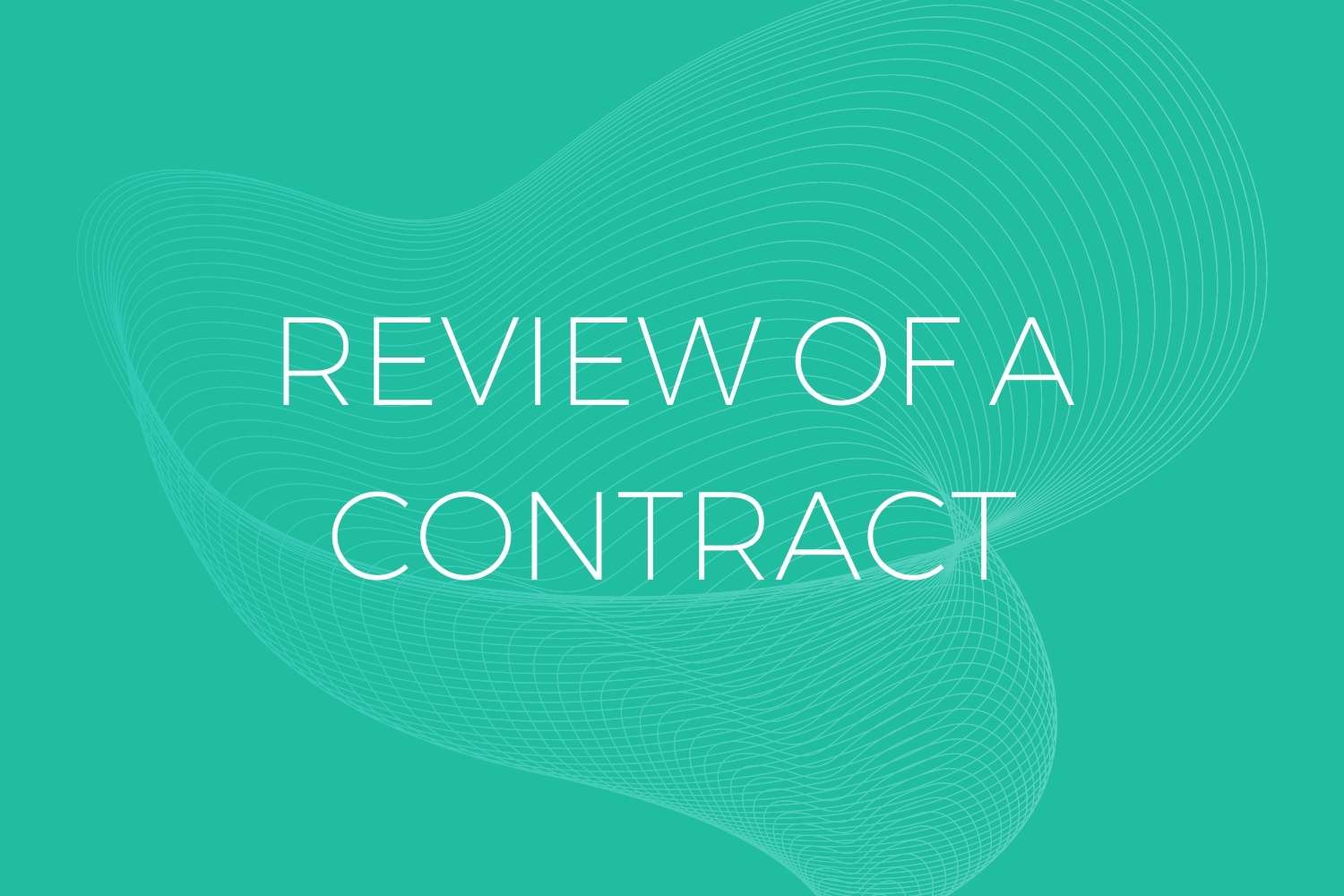How to Know If Your Employment Contract Is Fair Before Legal Help
Introduction: Why Reviewing Your Employment Contract Matters
Understanding your employment contract is the first step in protecting your career and financial future. Whether you’re starting a new job, switching roles, or renegotiating terms, your contract sets the foundation for your salary, benefits, job responsibilities, and termination conditions. Overlooking even a small clause can lead to long-term consequences — from lost income to limited job mobility or restricted career growth.
A common mistake many professionals make is signing their employment agreement too quickly — often without fully understanding its implications. Important clauses about non-compete agreements, severance, bonus eligibility, or intellectual property rights can be buried in legal jargon that’s easy to miss but critical to your future.
Employment Contract Review
While hiring a lawyer to review your employment contract offers expert protection, it’s equally important to know how to identify red flags on your own. This awareness not only helps you ask smarter questions but also ensures you’re not walking blindly into an unfair deal.
Here are the key traits of a fair employment contract:
Clarity: All terms should be written in plain, understandable language — especially around pay, benefits, working hours, job expectations, and termination policies.
Legal Compliance: The contract must meet employment laws and standards in your province or country, including minimum wage, overtime, and workplace protections.
Mutual Benefit: It should offer value to both sides — competitive compensation for you, and clear performance expectations for the employer.
Flexibility and Protection: Fair contracts include reasonable notice periods, fair non-compete terms, and protection for your intellectual property and professional freedom.
By understanding what fairness looks like in an employment agreement, you’ll be better equipped to evaluate the terms — and know when to ask for changes or seek legal advice.
Clauses You Must Understand Before Signing Any Employment Contract
Before you put pen to paper, it’s essential to understand the clauses in your employment contract that can significantly impact your career, compensation, and legal rights. Here’s a breakdown of the key sections you should carefully review — or flag for legal help if anything seems unclear or one-sided:
1. Job Role & Duties
Your contract should clearly define your position, responsibilities, and reporting structure. Vague descriptions can lead to scope creep or unexpected job changes without your consent.
2. Salary, Bonuses, and Commission Structure
Look beyond the base salary. Understand how bonuses are calculated, whether commissions are guaranteed, and if any performance metrics must be met to receive them.
3. Benefits, Perks, and Stock Options
Review what benefits you’re entitled to, including health insurance, retirement contributions, vacation days, parental leave, and any stock options or equity packages. These can greatly impact your overall compensation.
4. Termination Terms (With or Without Cause, Severance)
Know the difference between termination with and without cause. Check for severance entitlements, and be sure the contract complies with local employment standards.
5. Probation Period
Understand how long your probation period lasts, what rights you have during that time, and how termination works if it occurs during this window.
6. Notice Periods
Your contract should state how much notice either party must give to end the employment. Short or unequal notice periods can leave you exposed if you’re let go unexpectedly.
7. Intellectual Property & Confidentiality
These clauses often say that any work or ideas you create while employed belong to the company. Make sure you’re not signing away more than necessary, especially if you’re in a creative or technical field.
8. Non-Compete and Non-Solicitation Clauses
These clauses may limit your ability to work for a competitor or contact clients or colleagues after leaving the company. Some are unenforceable or overly restrictive — be cautious and seek clarity.
read more : https://loftlegal.com/service/contract-review-in/




